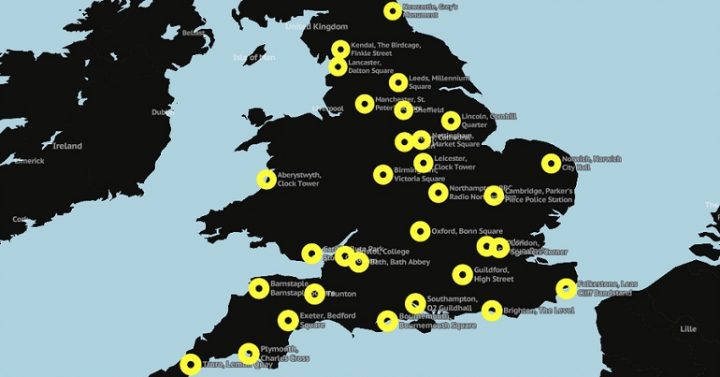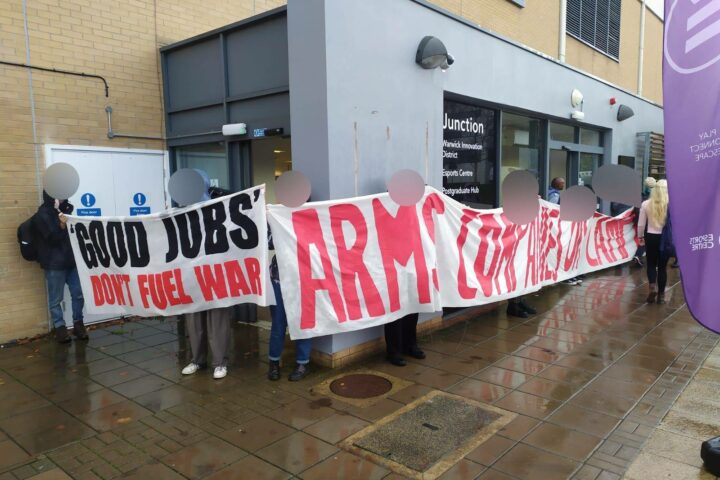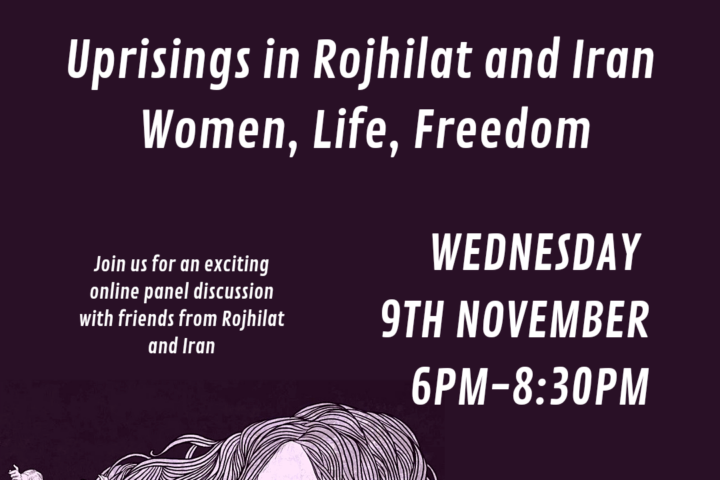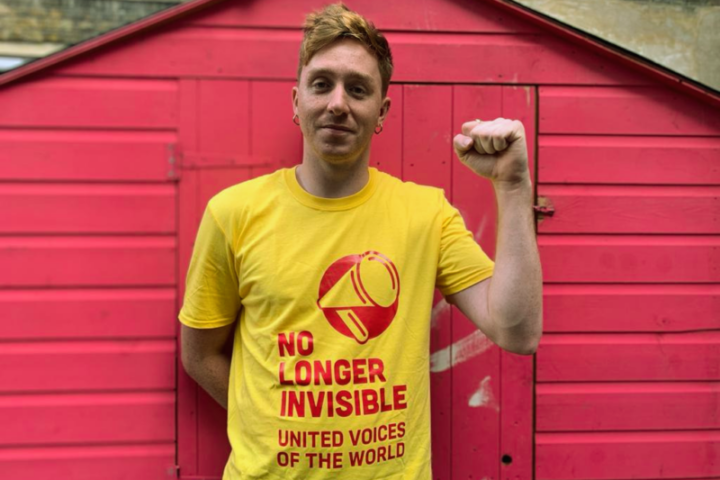Via Emily Apple for The Canary
People are gearing up to take action against the Police, Crime and Sentencing Bill this weekend. Many of us from The Canary will be taking part in protests across the country.
So want to get involved and don’t know how? Collective Action has produced an interactive map of what’s happening in your area.
Click here to see the up to date version of the protest map.
Know your rights! Part one – coronavirus regs
If you’re taking to the streets, it’s important to know your rights.
Coronavirus (Covid-19) regulations have also changed and now include an exemption for protest. Kevin Blowe, campaigns coordinator at the Network for Police Monitoring (Netpol), told The Canary more abut the rule change:
The coronavirus regulations changed on 29 March, providing protests with an exemption from restrictions. This is supposed to mean gatherings with a formal organiser, where police have seen a risk assessment. However, police on the streets at Bristol’s latest protest last night justified the sudden switch to an enormously less aggressive policing response on this new change to the rules.
Blowe continued:
Significantly, not having lines of riot police ready to beat people with batons and shields meant yesterday’s protest passed without incident. However, other forces may still take a rigid, confrontational stance on public health rules in areas where there is no prior negotiations, so it remains vital to make sure everyone knows their rights. Please, also remember that social distancing matters – without it, we risk excluding many of the people who are needed to help the movement against the bill to grow
Know your rights! Part two – key messages
Green and Black Cross have five key messages that everyone attending a protest should remember:
- NO COMMENT: Not speaking to the police keeps everyone safe. There is no such thing as a friendly chat with the police. All information you give will be used to gather intelligence on protesters or to incriminate you or others.
- NO PERSONAL DETAILS: You don’t have to give personal details to the police. Stop and search powers (unless you’re the driver of a vehicle) do not give the police the right to demand your name and address. The only time you might want to consider giving details is if the police want to issue a fixed penalty notice (FPN) and you may want to give your name and address to avoid arrest.
- WHAT POWER? The police rely on not being questioned about why they’re asking you to do something and often don’t know the law. Ask them under what power they’re acting when they demand you follow their orders.
- NO DUTY SOLICITOR: Netpol has a list of recommended solicitors who have experience in protest law. Duty solicitors often give bad advice to protesters. Most of the protest solicitors are also working remotely if you live in an area not covered by one of the recommended solicitors.
- NO CAUTION: If you’re arrested, don’t accept a caution. It counts as a criminal record and it’s an easy solution for the police. If you’re offered a caution, always speak to an experienced protest lawyer before thinking about accepting one.
Also be aware of Police Liaison Officers. These are the officers at protests in baby blue bibs who claim to want to help facilitate your protest. In reality they’re gathering intelligence as this video from Netpol sets out:
And you can read Netpol’s guide to police surveillance and protests here.
Together we can kill this bill
People are rising up in every corner of the country to oppose this bill. We need to stick together. We need to act in solidarity with each other unconditionally. It’s through this strength we can defeat this bill.
So stay safe. Know your rights. Remember a mask, hand sanitiser, social distancing. Take a buddy. Remember water and food. And say it loud, and say it clear: KILL THE BILL!




